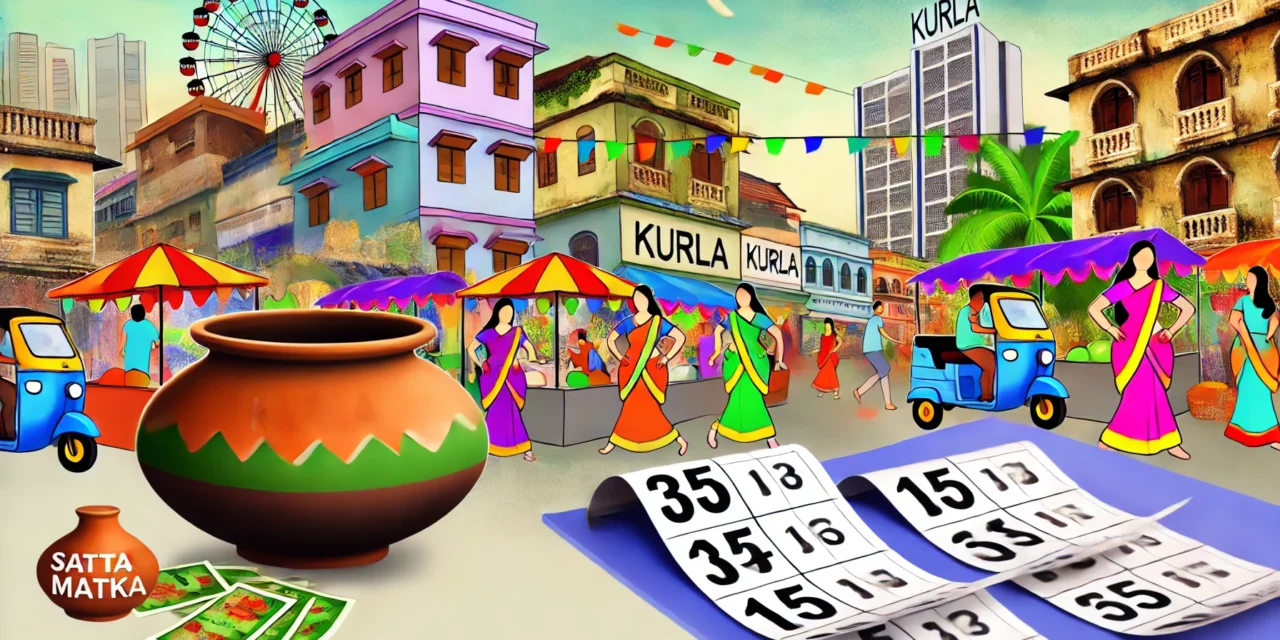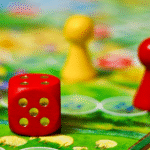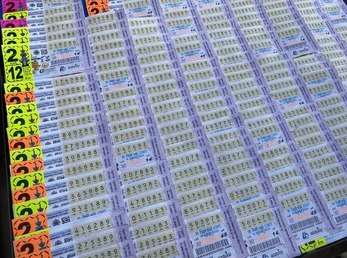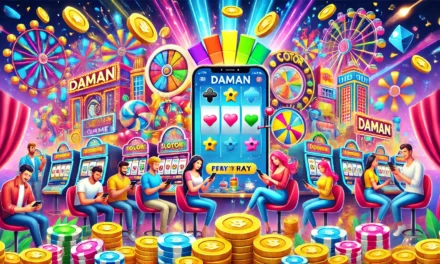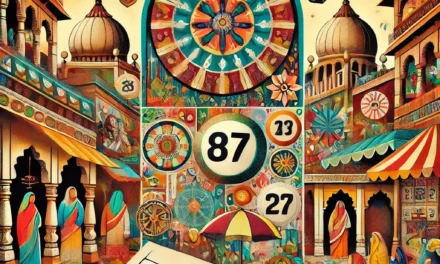Satta Matka is a popular form of gambling that originated in India in the 1960s. It involves betting on numbers, with winners determined by a random drawing. The game has evolved over the years and is played in various forms across different regions. One of the most prominent variants is “Kurla Day,” named after the Kurla region in Mumbai, which is a significant hub for this gambling activity.
Understanding the Basics of Satta Matka
The basic premise of Satta Matka involves selecting a set of numbers from a predefined range. Typically, players choose three numbers between 0 and 9. These numbers are then combined and manipulated in various ways to create a final number. For example, if a player selects 1, 5, and 7, the sum is 13, and the final number would be 3. This process is repeated for a second set of numbers, and the final outcome determines the winner.
Kurla Day: A Specialized Variant
Kurla Day is one of the many specialized variants of Satta Matka. It follows the same fundamental principles but is played within a specific timeframe and has its unique set of rules and schedules. The game results are typically announced at predetermined times, and players can place their bets accordingly.
The Popularity and Risks of Kurla Day
The popularity of Kurla Day and other Satta Matka games stems from the potential for high rewards. However, this also comes with significant risks. The game is largely based on luck, and the odds are often stacked against the players. Moreover, the legality of such gambling activities is questionable in many regions, leading to potential legal repercussions for participants.
The Mechanics of Kurla Day
To participate in Kurla Day, players need to select their numbers and place their bets. The results are declared at specific times, and various online platforms offer real-time updates and results. Websites like sattamatkakurladay.com provide detailed charts and results, allowing players to check the outcomes of their bets quickly.
Strategies and Tips for Playing Kurla Day
While Satta Matka, including Kurla Day, is primarily a game of chance, experienced players often develop strategies to increase their chances of winning. This includes analyzing previous results, following patterns, and using mathematical calculations to make more informed bets. Some platforms, like Dpboss.mobi, offer tips and tricks to help players improve their guessing accuracy.
The Legal and Ethical Considerations
Engaging in Satta Matka, including Kurla Day, poses several legal and ethical questions. In many regions, gambling is either heavily regulated or outright banned. Participants risk facing legal action if caught. Additionally, the ethical implications of promoting and participating in gambling activities cannot be ignored, as they often lead to financial ruin and addiction for many individuals.
The Role of Online Platforms
The advent of the internet has transformed how Satta Matka is played. Numerous online platforms now offer live updates, results, and even tips for players. Websites like sattamatkablue.ink and matkaresult.co have made it easier for players to participate in Kurla Day from the comfort of their homes. However, this also increases the accessibility and potential for addiction.
Community and Social Aspects
Despite the risks, Satta Matka has a strong community aspect. Many players participate regularly and share their experiences and strategies on forums and social media. This sense of community can be both a support system and a trap, encouraging continuous participation despite losses.
Also Read: Exploring the Khajana Satta Matka: A Popular Indian Game
Conclusion
“Satta Kurla” or Kurla Day is a fascinating yet risky form of gambling that has captivated many players. While the potential for high rewards is alluring, the risks, both legal and financial, are substantial. Players must approach this game with caution, understanding the implications and responsibilities that come with it. As with any form of gambling, it is essential to play responsibly and be aware of the potential consequences.

